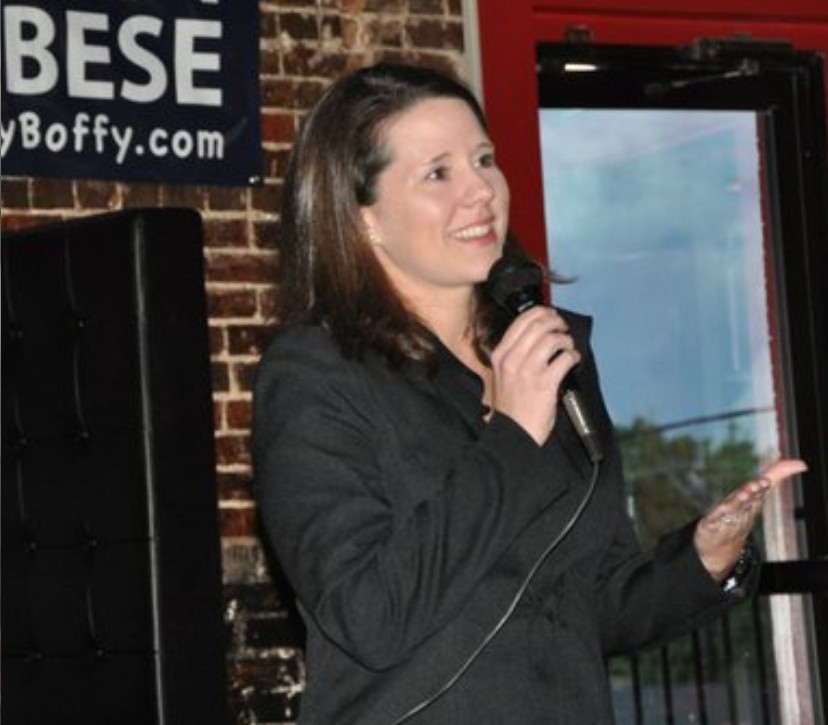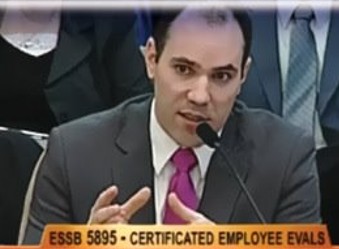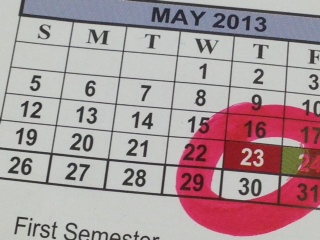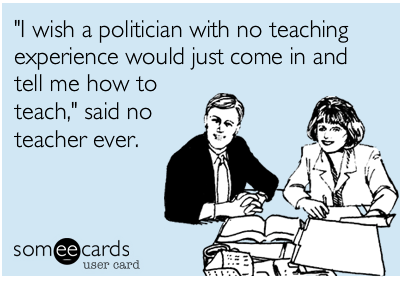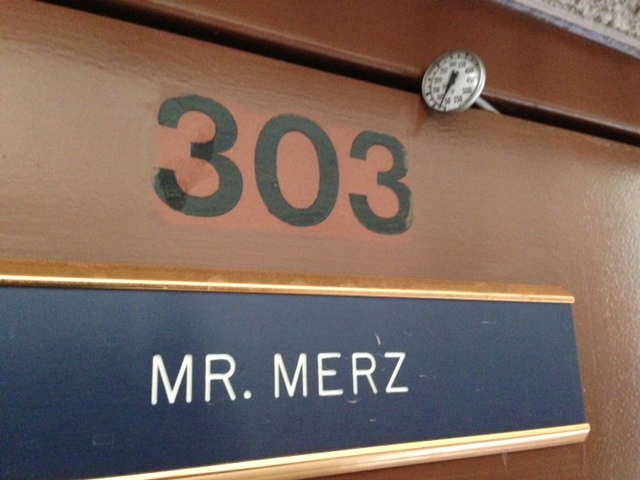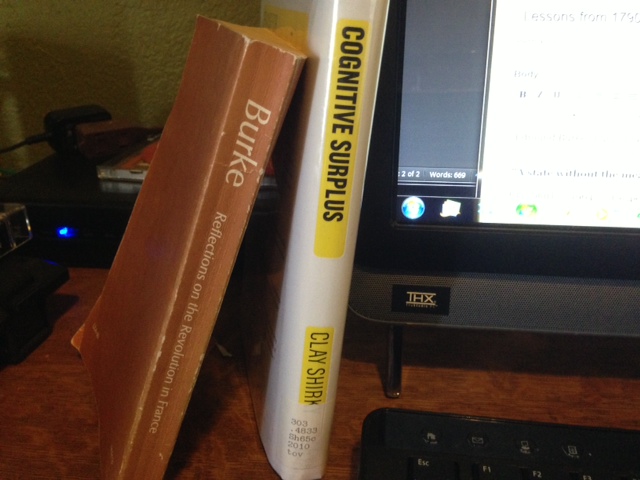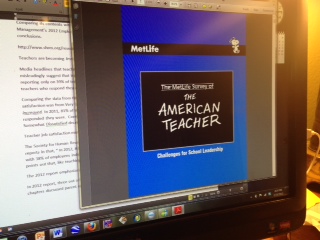In Part One I asked, What will teachers finally say when we are given a voice at the policy-making table? Part Two profiled John Prosser, a teacher leader in Washington state, who facilitates the implementation of policy he helped negotiate. The conclusion features
Read MoreMonty Python and the Metaphorical Impalement
I’m confident that Rosa Parks didn’t “begin to have the difficult conversations” about bus seating.
Read MoreHow Will We Walk the Talk? Part Two
“We did not put our ideas together. We put our purposes together.” Adam Kahane, Solving Tough Problems John Prosser is there. A teacher leader involved in policy-making. He began as a middle school teacher in the Seattle Tacoma area, then
Read MoreThe Obstinacy of Hope
I endeavor to explain how I see hope as essential to a teacher’s job, and yet not quite the syrupy-sweet thing that many interpret from Dickinson’s famous poem. It’s more beaky.
Read MorePre-emptive Strike: Teachers and Summer Vacation
The public perceives that during summer vacation teachers take vacation. The teacher-leader community perceives that we work – planning for the new year, attending and presenting at conferences, and the like. I think the public perception is closer to the
Read MoreHow will we walk the talk? Part One
You’ve seen the cartoons. They’re very popular on teachers’ Facebook pages: A politician holding up a blank slate with the message, “This is the number of policy decisions teachers made when we gave them the chance.” A teacher standing in
Read MoreStandardized Tests and Monty Hall
I was proctoring my students during the standardized tests last week and thinking of how we try to train them to try to eliminate a couple of obvious wrong answers before guessing. Then I remembered the Monty Hall Problem. You
Read MoreWhat’s the temperature in my class?
Blogger Julie Torres coordinates support for National Board candidates in our district. In that capacity she observes many teachers at their practice. In her recent post, 10 Degrees of Teaching, Julie takes the temperature of the current teaching environment and lists ten observations. After
Read MoreVulgar and Perilous Reforms
In 1790, conservative political philosopher Edmund Burke wrote in Reflections on the Revolution in France: “A state without the means of some change is without the means of its conservation.” Clay Shirky, expert on the role of social media and
Read MoreObservations regarding the 2012 MetLife Survey of the American Teacher
The annual MetLife Survey of the American Teacher, based on surveys of teachers and principals conducted between October and November, 2012, has just been released. Comparing its contents with last year’s report, media coverage, and the Society for Human Resource
Read More
